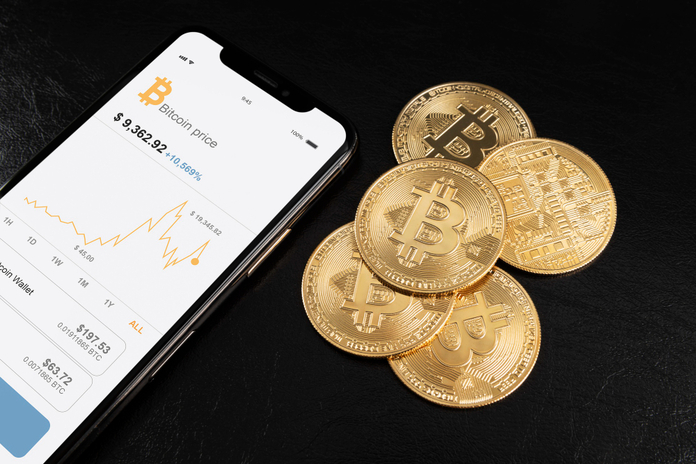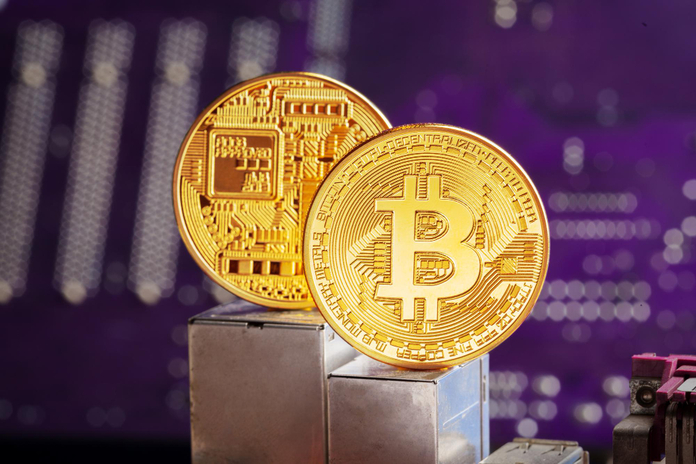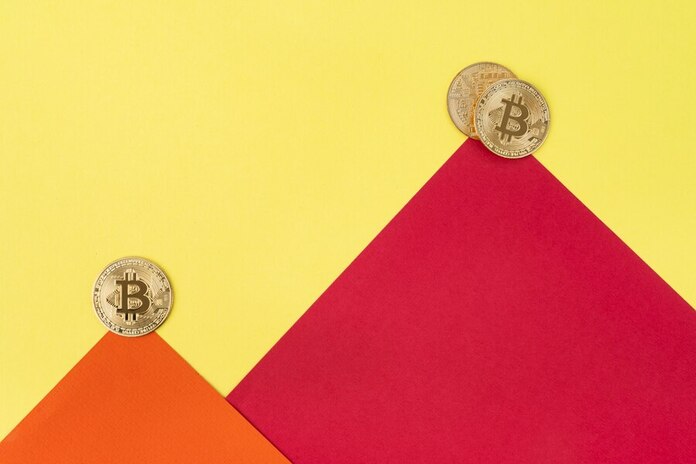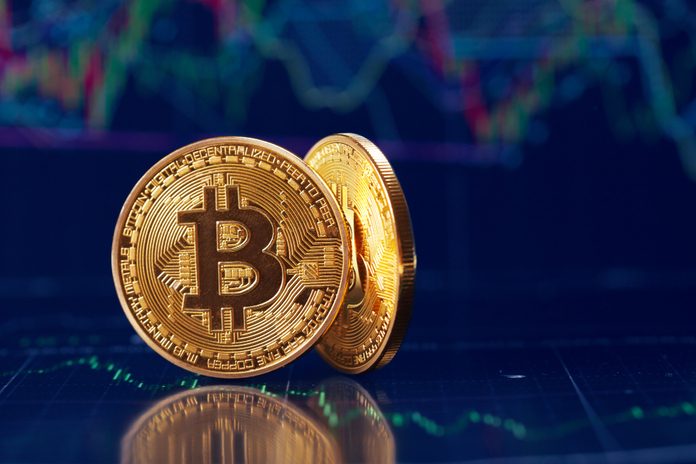Mastercard Selects Five Startups for Blockchain Program
This post was originally published on this site
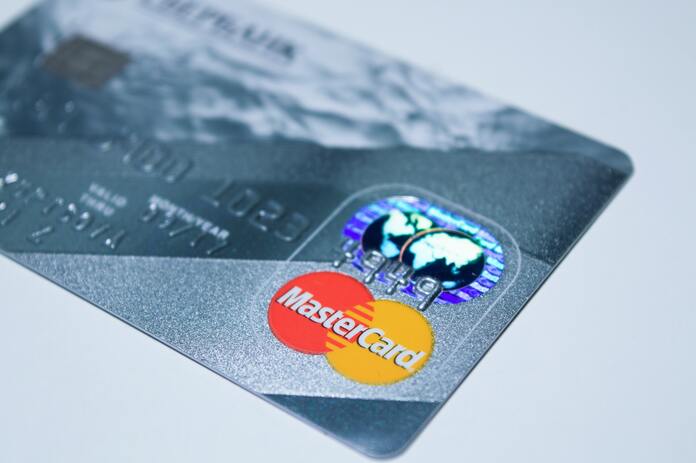
Mastercard (NYSE:MA) has announced the selection of five startups to participate in its digital assets program, which aims to foster the development of blockchain use cases.
The chosen startups will join Mastercard’s Start Path blockchain and digital assets program, focusing on the creation of blockchain use cases and user experiences.
Through this initiative, Mastercard (MA) will collaborate with industry experts and fintech firms to explore various applications of digital assets and blockchain technology in addressing real-world challenges.
In a press release issued on Wednesday, Mastercard (MA) highlighted its extensive experience in building a global payments network based on cards, positioning itself to connect regulated money, bank deposits, stablecoins, and central bank digital currencies (CBDCs) with startups’ specific use cases. The program aims to innovate new solutions and improve efficiencies in digital commerce user experiences.
The Five Selected Startups
- Kulipa: A French-based company that facilitates crypto payment card issuance for digital wallets.
- Parfin: A UK-based firm specializing in enterprise-grade software products to assist financial institutions in adopting blockchain rails.
- Peaq: Headquartered in Singapore, peaq offers permissionless, borderless digital infrastructure for real-world applications.
- Triangle: A U.S.-based startup focusing on sustainability through a data platform that integrates climate data with finance.
- Venly: Based in Belgium, Venly simplifies blockchain integration for developers and businesses to support industry growth and digital transformation.
Mastercard’s Start Path program will offer selected blockchain, digital assets, and Web3 startups opportunities for collaboration, customized training, and access to Mastercard’s customer base and distribution channels throughout the virtual four-month program.
Since its inception in 2014, Mastercard (MA) has supported over 400 startups from 54 countries through the Start Path program.
Axel Cateland, the founder of Kulipa, expressed enthusiasm about the program, stating, “Through Mastercard Start Path, we’re looking to uncover new ways to unlock crypto mass adoption and wider financial inclusion with convenient, global stablecoin payments.”
Featured Image: Unsplash




